Areas of Air Transport Forecasting
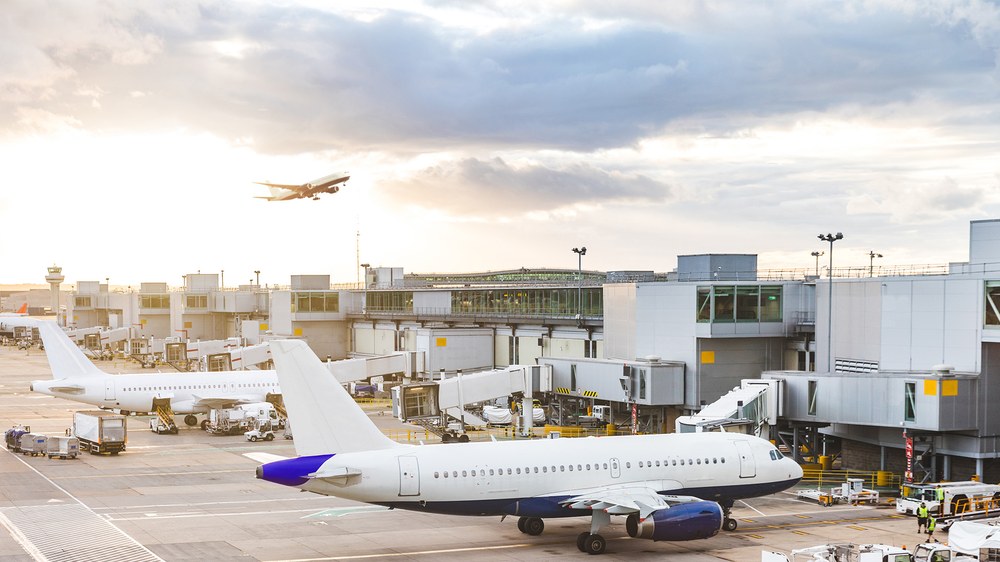
stock.adobe.com - william87
Our forecasting models provide accurate and long-term predictions for global air traffic—up to 30 years into the future. The DLR Institute of Air Transport supports policymakers, administrators, air traffic control, airports, and airlines with comprehensive analyses to enable well-informed decision-making. These forecasts support in demand-driven planning, infrastructure development, and environmental assessments, contributing to the sustainable management of air traffic.
Types of Forecasts and Their Applications
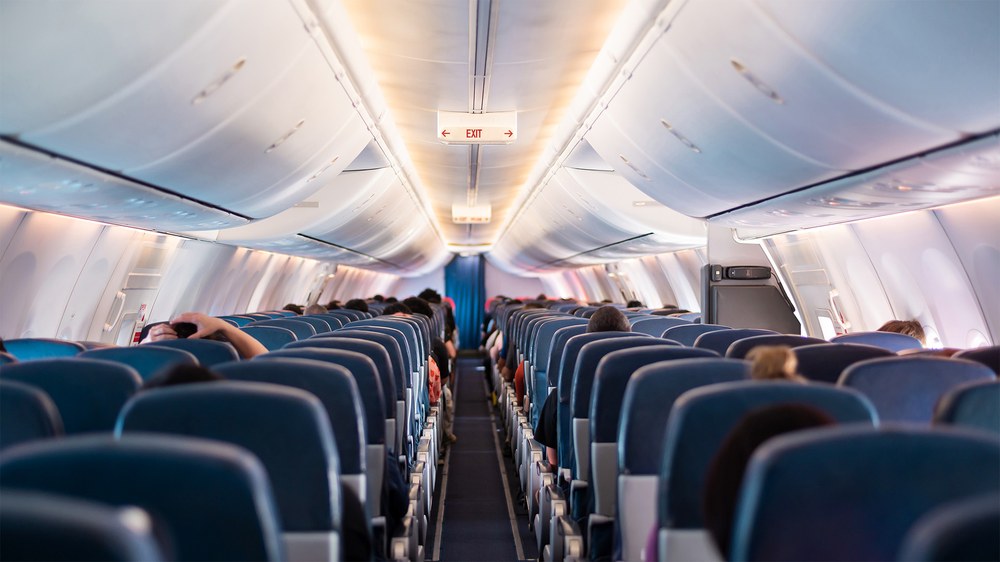
tonefotografia – stock.adobe.com
Passenger and Route Forecasts
Long-term forecasts of passenger numbers and flight routes are essential for infrastructure projects such as airport expansions and transport connections. They also support approval processes and investment decisions. DLR analyses future passenger volumens and flight connections for individual airports using a standardised forecasting method.
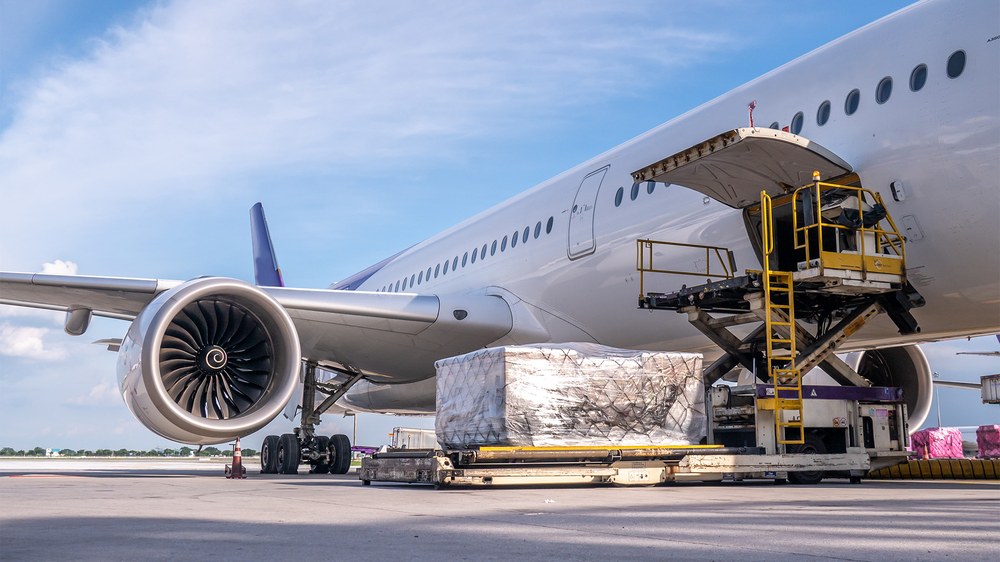
Supakit – stock.adobe.com
Cargo Forecasts
By analysing global economic data and IATA statistics, DLR forecasts future cargo volumes on specific routes up to the year 2050. Alternative transport methods are also considered to assess intermodal freight transport solutions.
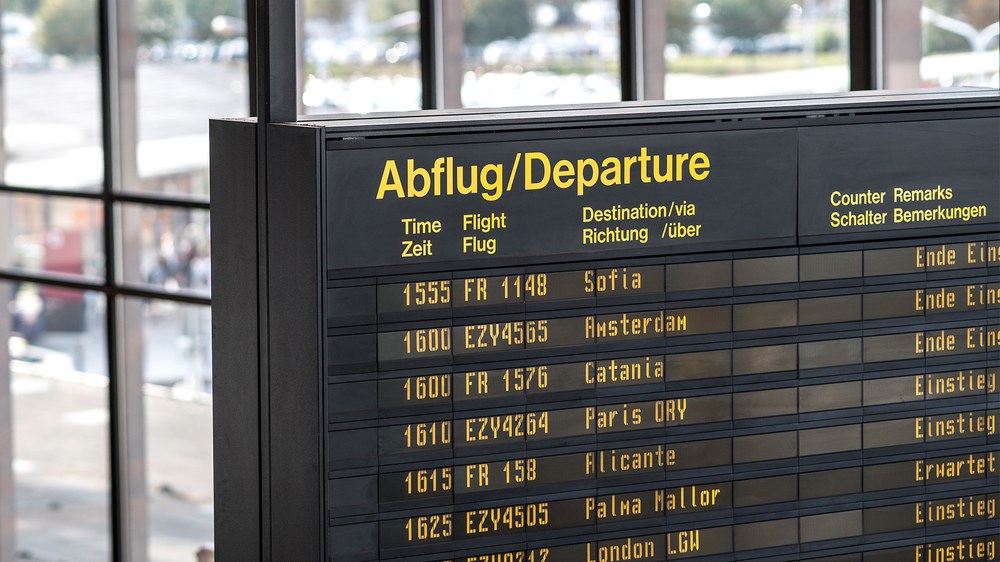
cineberg – stock.adobe.com
Forecast Flight Schedules
A specialised tool developed by DLR generates flight schedules for individual airports worldwide. These forecasts include time-of-day data and aircraft types to enable more accurate air traffic planning and improved environmental impact assessments.
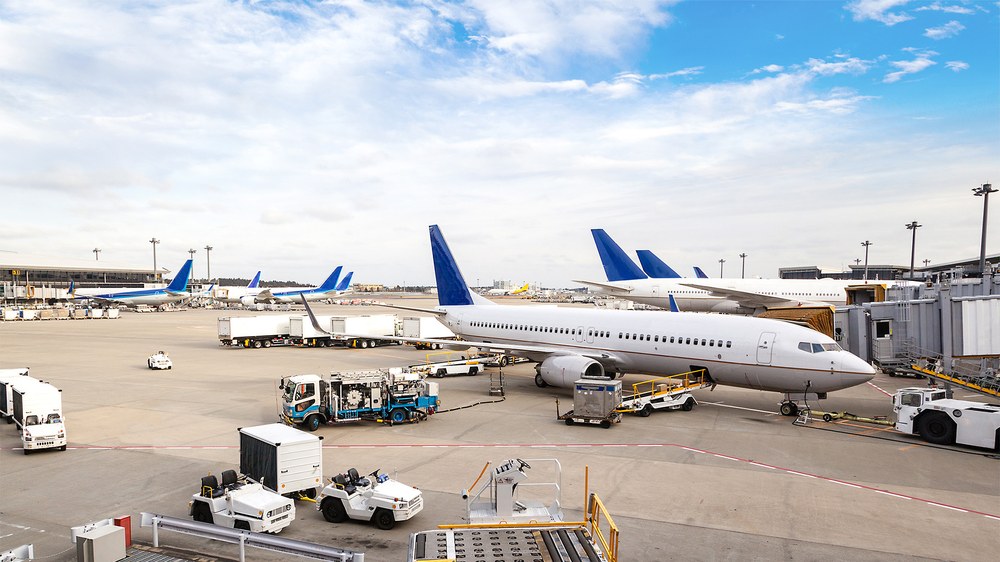
ronniechua – stock.adobe.com
Fleet Development
Analysing future passenger and cargo volumes, along with planned aircraft production, enables predictions on global fleet development. This forecast directly impacts flight movements, capacity bottlenecks, fuel consumption, and emissions.
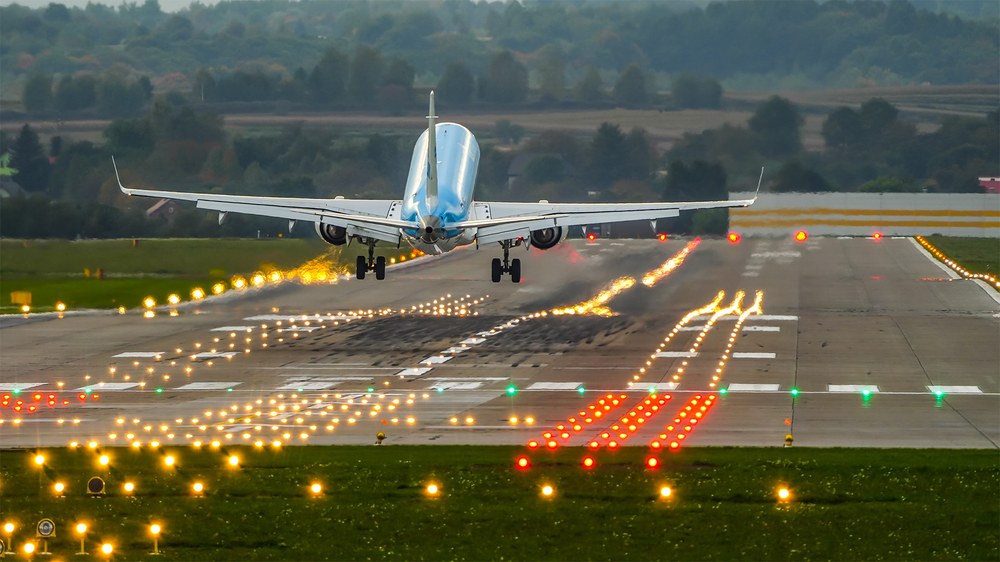
Justyna – stock.adobe.com
Peak-Hour and Capacity Analyses
The DLR-developed Capacity Utilisation Index (CUI) assesses runway usage at airports worldwide. This allows for a consistent analysis of current and future capacity bottlenecks.
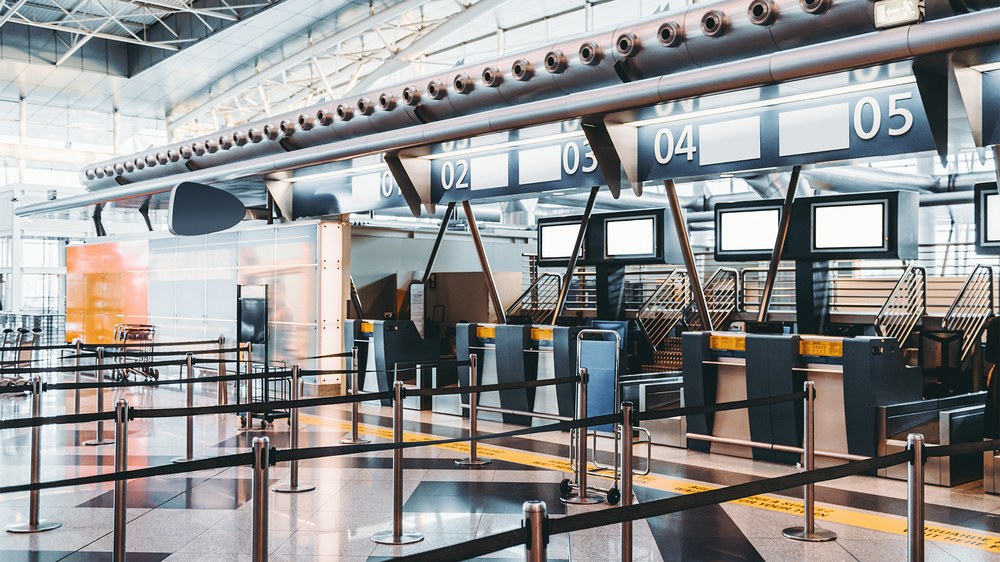
skyNext – stock.adobe.com
Global Air Traffic Forecasts
Beyond individual airport assessments, DLR analyses global air traffic capacities. Future demand is compared with existing infrastructure to identify potential bottlenecks or growth opportunities at an early stage.

Parichat – stock.adobe.com
Market Potential Analyses
By analysing global developments, high-growth markets can be identified—both geographically and in terms of emerging aircraft types or innovative propulsion technologies, such as hydrogen and electric aircraft.
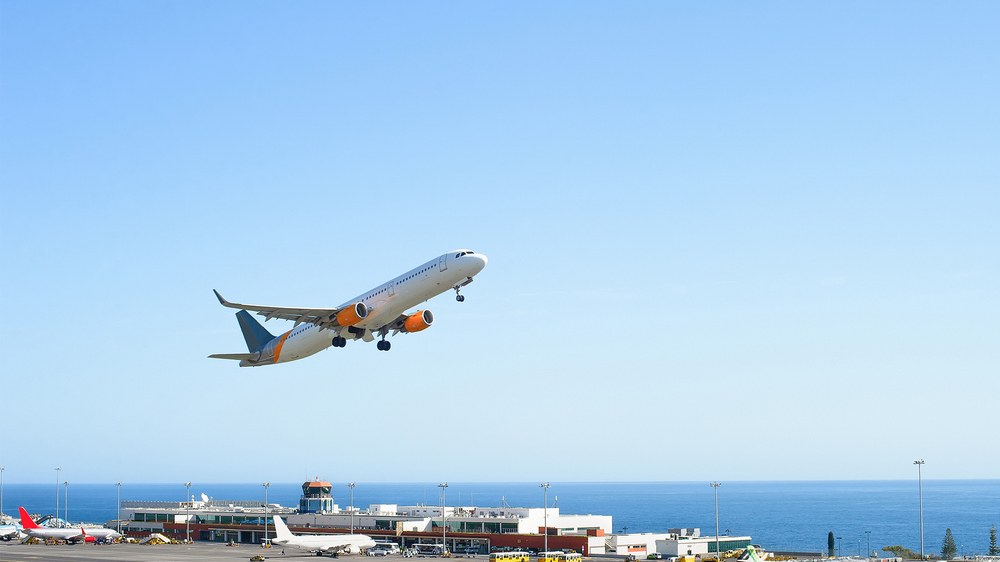
Quer_joyt – stock.adobe.com
Noise and Emissions Calculations
Using detailed airport-level data, DLR enables accurate calculations of noise and emissions. These forecasts help develop more environmentally friendly air transport concepts and ensure compliance with regulatory requirements.
Would you like to learn more about our air transport forecasts?
